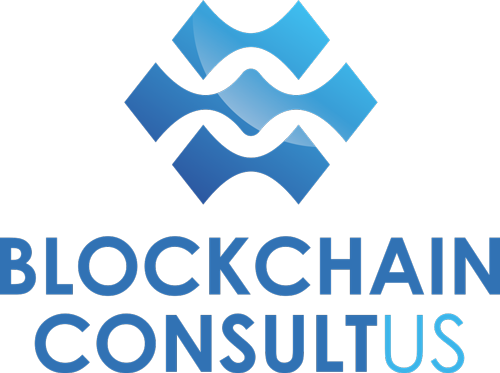Highly regulated industries constantly experience legal complications, and as new industrial scenarios arise, being compliant gets harder and harder. However, because of their nature, correct management of legal and compliance is not an option, as a matter of fact, businesses spend a lot of money and time on it, hence, they need to optimise this aspect.
How do you optimise regulatory compliance procedures?
Here is when new technologies such as Blockchain come into play. Legal and compliance became a challenge, and businesses need all the help they can get to win it. Let’s find out how Blockchain can improve the practices of companies.
Immutable records
In order to prevent frauds, regulations are getting stricter and stricter, so the only way to accomplish a fraud successfully is involving an administrator. This is the reason why managers, supervisors, presidents, and chiefs are always found to be accessories to frauds: not only they own important information, but they can also manipulate it, and if they are clever enough, it takes years to detect them; worst case scenario, no one will ever find out.
At the moment, we can undoubtedly say Blockchain provides the best solution to avoid frauds and dodgy manipulations, because every transaction is recorded on a distributed ledger and there is no way it can be changed. If we also consider that the ledger is updated in real time, we can confidently say attempts of fraud will become extremely unlikely.
Smart contracts
Digital information, no matter the kind, can be stored in a blockchain network. Contracts are a perfect example of digital information that needs to be stored and never changed. Thanks to the Blockchain system, it is also possible to set up some conditions that trigger the automatic activation of a contract, without any human action.
We are talking about smart contracts: legally binding document that can be discussed, attacked, and defended in courts in several jurisdictions.
Think about all those procedures that need a middle person who checks all the requirements are met and executes a contract (e.g.: a house sale subject to a mortgage activation): smart contracts means no more middle persons.
Intellectual property rights
The process of filing for intellectual property rights is still something very complex, and there is still a central authority owning all the information.
The Blockchain provides an immutable, time-stamped record of intellectual property rights, their licensees, and their applications. Needless to say, this process can be automated.
Client onboarding
Let’s take a practical situation: any financial institution has an onboarding process for every new customer, in spite of being a big, time consuming burden. If you ever asked for a loan or any kind of credit, you know KYC and other AML processes take long to complete. There is a lot of paperwork involved, because these processes are basically outdated!
Furthermore, a minor mistake can result in a steep fine. At that point, these processes not only drain time, but money as well.
Blockchain can put an end to this, making onboarding, AML (including KYC), and other legal and compliance processes simpler than ever, because there will be a database containing verified, immutable client information on a blockchain that can be shared among all institutions, with a significant reduction in terms of time for collection and verification of the information.
Proof of process
Let’s take financial institutions as an example situation again. When you access your bank account, the first line you see is the amount of money you have available to spend, and the man or woman behind a computer in your bank branch sees exactly the same thing. How do they know the sum they see is correct?
They know because your bank statement with all your transactions listed is a proof of process. However, as we said above, any proof of process can be manipulated.
Blockchain, instead, provides a step by step accounting, and the fact that not a single line can be changed or deleted ensures all the movements are legitimate.
What legal and compliance issues are you struggling with?
Think about your situation: given the examples above, is there anything Blockchain could improve in your legal and compliance processes? Whether your answer, we can help you to figure out how to implement Blockchain and save time and money. Contact us for a free introductory consulting.


